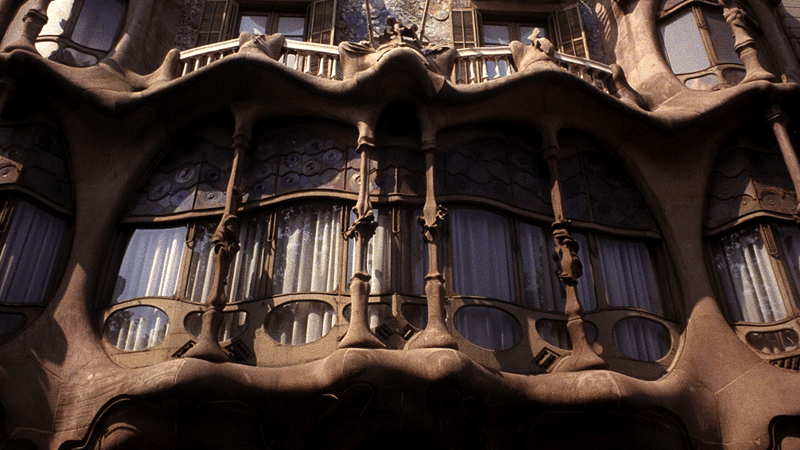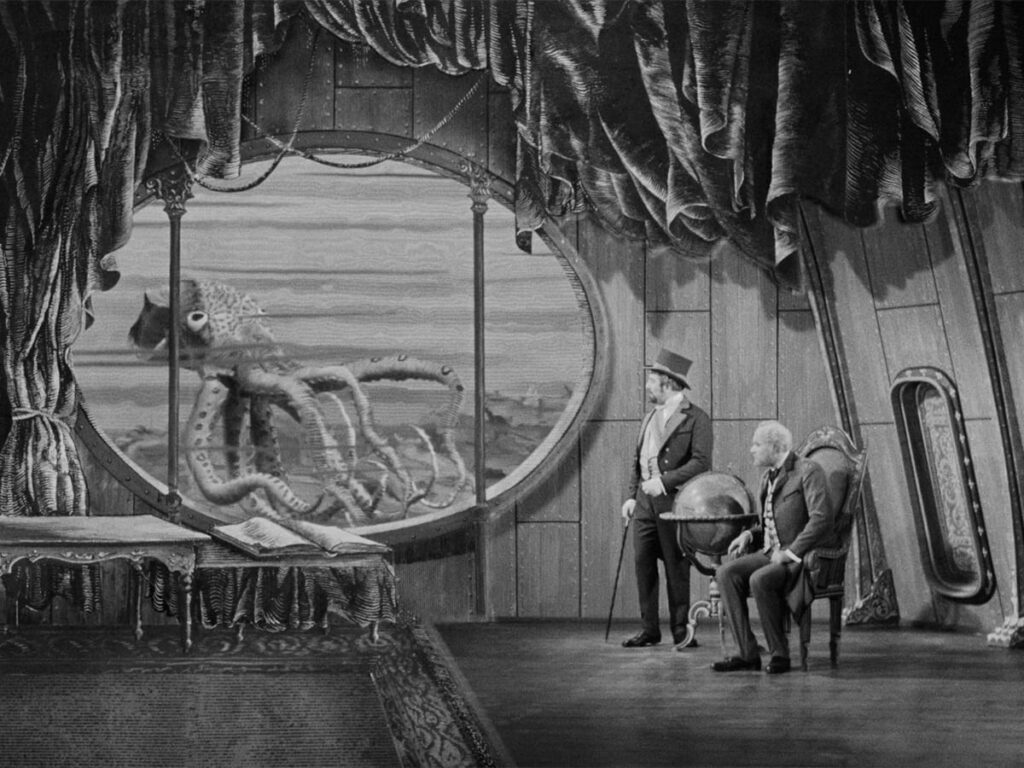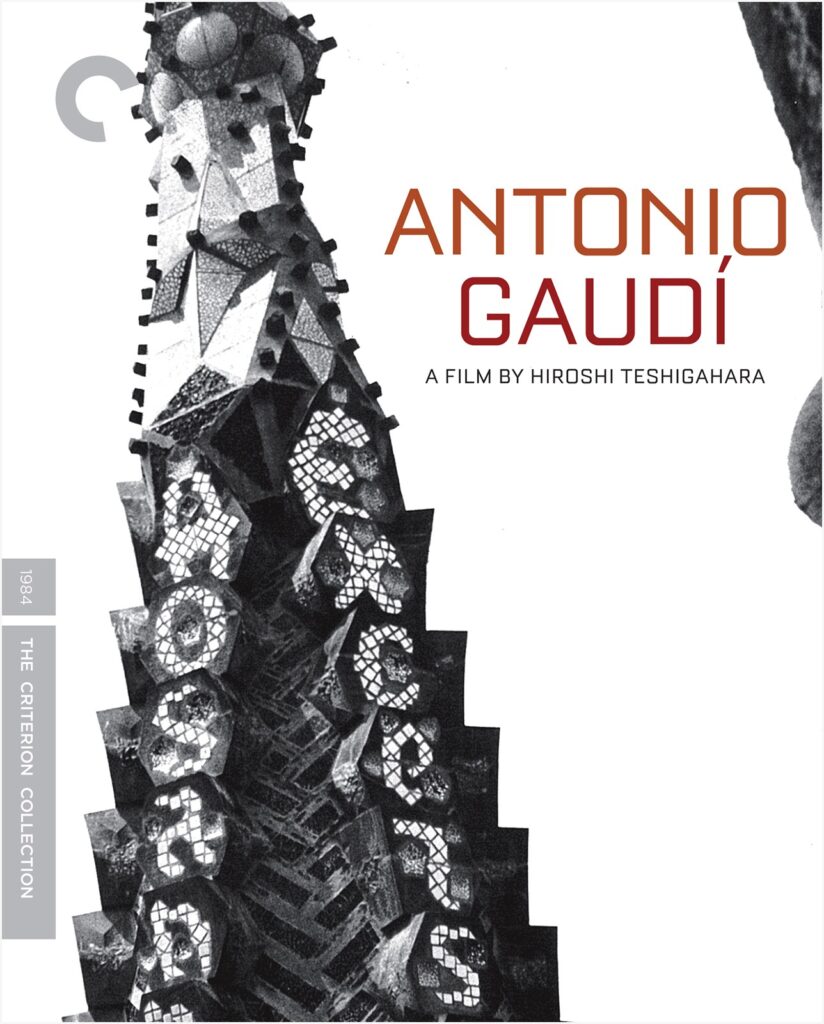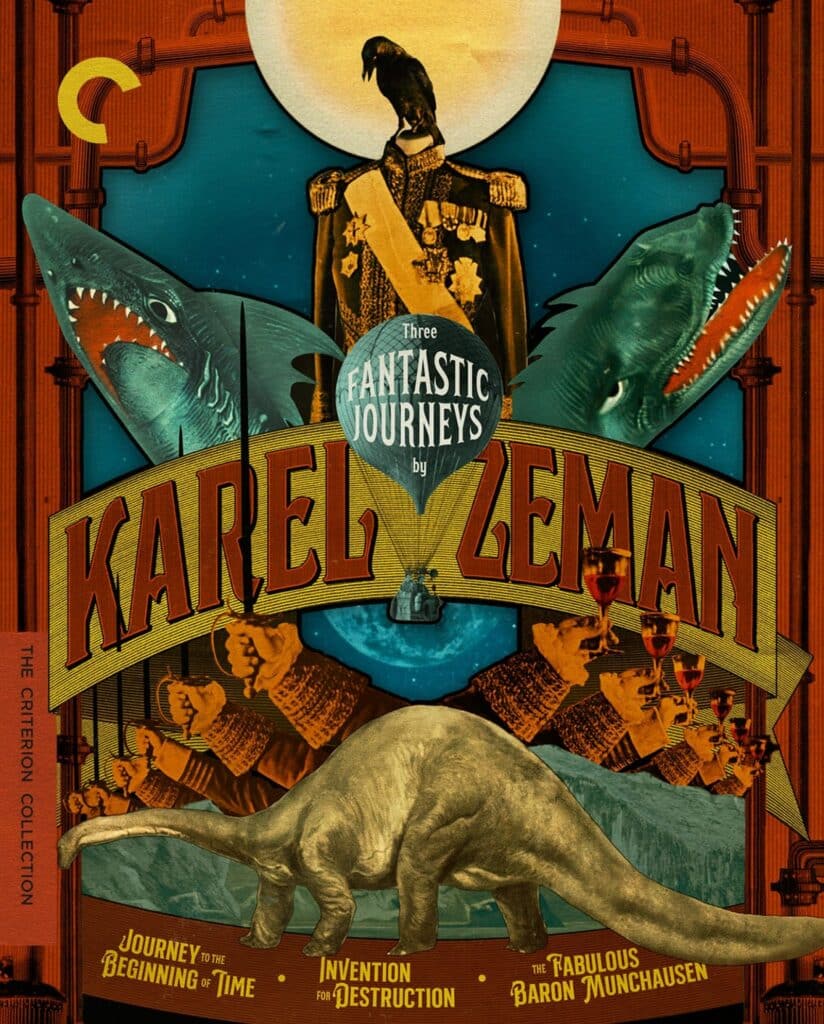Read also:
How to Watch FX Live Without CableHow To Watch AMC Without CableHow to Watch ABC Without CableHow to Watch Paramount Network Without CableWelcome to the Criterion Corner, where we break down some of the month’s new releases from the Criterion Collection.
#425: Antonio Gaudí (1984) dir. Hiroshi Teshigahara

The visual poem is one of the most inscrutable forms of cinema out there — one of the most inaccessible, the hardest sell to those unfamiliar with arthouse sensibilities. And yet, these are often the most beautiful, taking full advantage of cinema’s innate ability to capture the sublime, without the crutches of narration or traditional narrative structure to hinder it. Such is the case for 1984’s Antonio Gaudí, Hiroshi Teshigahara‘s ode to the Catalan architect whose strikingly organic works solidified his status as “God’s Architect.”
Culled from footage taken from two separate trips to Barcelona twenty years apart, Antonio Gaudí is Teshigahara at his most quietly contemplative and observational. Less a documentary on the artist’s work and approach than a sensual recognition of the beauty of his architecture, the film’s 70-plus minutes is a largely-wordless sojourn through the streets of Barcelona, traveling sumptuously and slowly to capture each curve, each sea-shell like spiral, of Gaudi’s Art Nouveau and Modernismo brilliance. From the Casa Batlló to the Casa Milà, ending on the unfinished basilica of La Sagrada Familia, you can feel Teshigahara’s rapturous fascination with the man’s work, aided by the dreamlike lull of Toru Takemitsu’s orchestral score.
The uninitiated may not learn much about Gaudi himself, but as a sensory journey of the power of architecture, it’s well worth the watch. Doubly so with the beautiful high-def restoration Criterion has done on it, which lets the craftsmanship of Gaudi’s work sing through better than ever. Colors are bold and well-balanced, and images of crowds and people against the streets of Barcelona feel crisp and clear without over-sharpening it. The extras are nothing to sneeze at either, with interviews (with Japanese architect Arata Isozaki) and documentaries like God’s Architect; Antoni Gaudi to help explicate both the subject’s importance in the world of architecture and Teshigahara (and Japan as a whole’s) fascination with him.
#1015, #1016, #1017: Three Fantastic Journeys by Karel Zeman (Journey to the Beginning of Time (1955), Invention for Destruction (1958), The Fabulous Baron Munchausen (1962)), dir. Karel Zeman

Georges Méliès and Ray Harryhausen are often touted as the earliest pioneers of special effects in cinema, but Czech fantasist Karel Zeman is one of the most influential and oft-overlooked illusionists in movie history. He was an imaginative soul heavily inspired by the works of Jules Verne, and who in turn influenced filmmakers like Terry Gilliam and Wes Anderson. His worlds were mixed-media masterpieces that combined stop-motion, puppetry, matte paintings and a host of other animation techniques that, when blended with live-action filmmaking heavily indebted to silent film aesthetics, make for some of the most unique adventures ever committed to screen, even today.
While he may be a bit of a missing link for American audiences, Criterion’s latest set is a brilliant sampler platter of Verne-derived jaunts through the imagination, placed in a handsome box set too. Three Fantastic Journeys by Karel Zeman compiles three of Zeman’s films to provide a fascinating cross-section of the history of movie special effects.
There’s Journey to the Beginning of Time, a straightforward romp where a group of Czech boys follows a mysterious river through a prehistoric Lost World of dinosaurs and danger; Invention for Destruction, a black-and-white adaptation of Jules Verne’s Facing the Flag, full of Victorian line renderings and steampunk wonder; and The Fabulous Baron Munchausen, a tall tale with the imagination of a Gustave Doré painting.
As someone who was relatively unfamiliar with Zeman’s work, but with a huge affinity for special effects, watching these three films (the latter two in particular) was an absolutely spell-binding experience. Beginning of Time is impressive enough, albeit slight in its presentation — essentially a tech demo for what Zeman can do with puppetry and stop-motion dinosaurs.
But it’s in Invention and Munchausen that Zeman’s stately, symmetrical vision really roars to vivid life, every frame a sumptuous painting of jaw-dropping imagination. The line-engraving work in Invention alone is worth the price of admission; even though Zeman inspired scores of films and filmmakers after him, you really feel like you’re watching something you’ve never seen before.
All three films have gorgeous, crisp transfers, the latter two films again being the recipient of the most meticulous 4k restorations. The extras are chock-full of curios too, from the alternate opening to Invention for Destruction‘s US version where we’re introduced to the world of Jules Verne, to four early shorts by Zeman, a host of docs on Zeman and the set’s restoration, and more.
But the real treat is the packaging itself, a vibrant set of circus poster-inspired artwork punctuated with pop-up tableaus for each film as you unfold each sleeve for the Blu-ray. Everything about the set is designed to make you feel like a kid again — fitting for a celebration of one of the grandest celebrators of boyhood flights of fancy.

